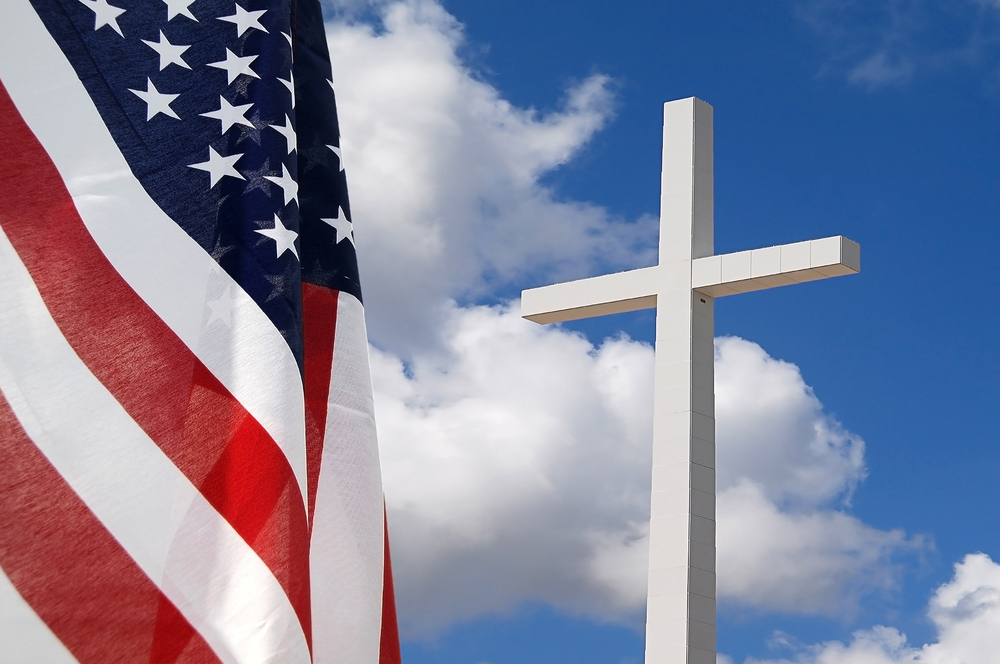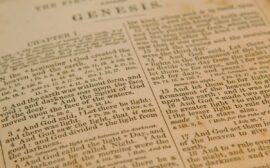By: Scott Reynolds, PhD, DMin | October 23, 2022
Tertullian: What hath Athens to do with Jerusalem? What concord is there between the Academy and the church? What between heretics and Christians? Our instruction comes from the porch of Solomon. With our faith,… (Tertullian. Prescription Against Heretics. 1426.) This is a great question, but one that has posed a separation between two ideas that can’t be separated due to the social influence in all theological studies. Everyone who reads the Bible will read and interprets the words through their cultural understanding. Our default setting regarding learning begins with “who we’re raised to be” and “how we’re raised to be that person.” Both questions are important because they highlight the information we’re allowed to be exposed to in our education, and in the formative period for core beliefs and values. The same period where that limited exposure unconsciously forms the individual’s metaphysical values (the how). The very characteristics used by the individual to support or rebel against who they were raised to be. “We raised our children to be free thinkers, so they choose this path.”
Left unchecked our cultural context is the default setting of our Scriptural interpretation. I didn’t understand this concept until I had a conversation with a pastor friend of mine who is a black pastor in an extremely poor part of town and runs a homeless shelter on faith. He has nothing, his people have nothing, but God brought us together as friends. I on the other hand come from a family with enough money to live very comfortably and have been afforded every opportunity in education and to experience the world. I grew up in a large downtown First Baptist Church and served in multiple affluent downtown First Baptist Churches. I asked my African American pastoral friend why he supports the candidates he does. He said, “They feed the hungry, and all I’ve ever known, and my people have known, is poverty and hunger.”
Both of us have allowed our worldviews to determine which Scriptures we would focus on and deem most important in shaping our worldview. Richards and O’Brien state, “There is no purely objective biblical interpretation. This is not postmodern relativism. We believe truth is truth. But there’s no way around the fact that our cultural and historical contexts supply us with habits of mind that lead us to read the Bible differently than Christians in other cultural and historical contexts.”[1]
Gary Nebeker wrote about Heidegger’s idea of preunderstanding and stated… (Heidegger,1927) “Preunderstanding is the personally acquired prior knowledge that, consciously or unconsciously, informs and influences one’s interpretation of Scripture. Working in conjunction with our settled convictions, preunderstanding is the ever-expanding conceptual or ideational grid through which we process the phenomena of life and through which we interpret Scripture.”[2]
The church is not an American church but God’s church, and believe it or not, God is not American![3] But we have let our cultural and political policies find a place in the methodology of the local American church. The point is not to be anti-American, but rather I am arguing that we need to understand the true detriment being done to the interpretation of Scripture in the local church.
God told Moses that when he stood before the burning bush receiving a word from the Lord that he was standing on Holy Ground. Therefore, churches hold that same privilege. Every church is an embassy, foreign soil in the middle of a different country. God’s house is an embassy of Holy Ground surrounded by American soil. Thus, American soil stops at the street and God’s embassy begins.
I have pastored a church with British, Ukrainian, Russian, Chinese, Indian, and a practicing Muslim investing into the words of Christ all in God’s church at one time. American values are not why they came to church. American politics were the last thing they came to learn. They stepped onto God’s embassy to learn about God. Sadly, it would seem that some Christians are more passionate about bringing America into the church than bringing God into America.
In Part Two, Dr. Reynolds will discuss two American values that he believes have impacted the way Americans interpret Scripture.
About the Author

Dr. Scott Reynolds earned his Ph.D. in Theology and Apologetics from Liberty University and his D.Min from New Orleans Baptist Theological Seminary. In addition to his doctoral accomplishments, he earned degrees from Troy University. Dr. Reynolds has traveled the world and has served as an archaeologist with some of the biggest names in the field. He brings a passion for biblical studies, biblical history, and an expertise in archaeological studies. Dr. Reynolds is a retired pastor and church planter. He has taught at New Orleans Baptist Theological Seminary and now is now working archaeological digs in a pursuit of discovering the apologetic properties of archaeology. Scott and his wife Lori have two grown children, one granddaughter and a very spoiled dog.
Notes
[1] E. Randolph Richards and Brandon J. O’Brien, Misreading Scripture with Western Eyes: Removing Cultural Blinders to Better Understand the Bible (Downers Grove, IL: IVP Books, 2012). 12.
[2] “‘Who Packed Your Bags?’: Factors That Influence Our Preunderstandings,” Bible.Org, accessed February 9, 2018, https://bible.org/article/%E2%80%9Cwho-packed-your-bags%E2%80%9D-factors-influence-our-preunderstandings.
[3] I often wonder why the church celebrates American holidays at God’s house of worship. Why are American flags flying on church grounds all over the country, and why are they flown higher than the Christian flag? These practices leave the unchurched to ask, do the values of America supersede the laws of God?
Copyright, 2022. BellatorChristi.com.





